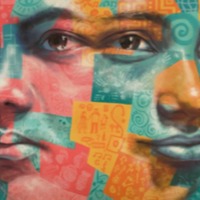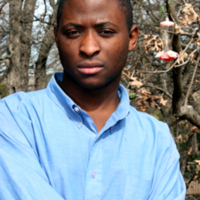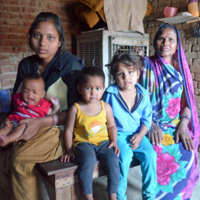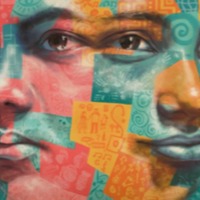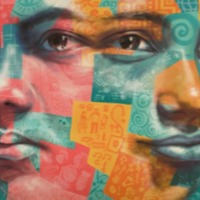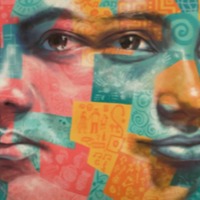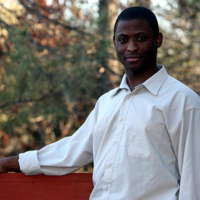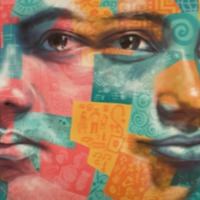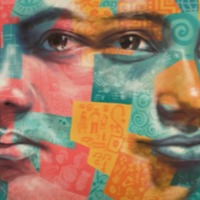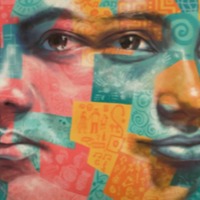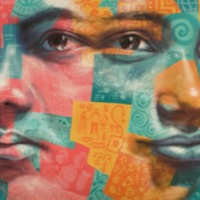
I come from Mafi Dugame where I live with my parents. A man came to our village and requested from my parents to take me to help in selling. I didn’t know him. The first time I saw him was when he came to my parents to ask for me. The man mentioned that I was going to be involved in his selling business and I was a bit interested. When we got to Atitekpo, in Yeji, he said he didn’t have any thing to sell but rather we shall be fishing.
We woke up around 4am to the river to pull the net into the boat and bring the fish to the riverside by 8am. After delivering the fish we returned back onto the river to work and it’s after all this before we were given food. Then we attended to the fish, mended the nets and returned to fishing after 8am, came back in the afternoon. Then went back to the river about 3pm and returned around 6pm. We didn’t eat on the river, only when we returned were we allowed to eat. We ate banku twice a day, in the afternoon and before we went to bed.
They beat us. At times, as a form of punishment, they paddled the boat away from us while on the river and we had to swim a long distance to catch up with them. Sometimes if you were not lucky you drowned in the river.
I will inform my parents that where I was sent to work was very bad and full of suffering. I was made to go fishing very early till late in the evening. I was not fed well and was often beaten over little things, at times even made to swim long distances which could lead to my death.
I believed I would one day escape. My parents allowed us to come here to suffer, and even when the contract days were up they wouldn’t allow us to leave. My plan was to get the chance to work for another master who would pay me and I could use that money to run away, back to my family.
We were informed that the government wanted to collect us and send us back to our families to go to school. Having been released I am very happy. I like the food here much better and I am well treated. I do not have anything to complain about.
I hope to go to school and train to become a teacher. I am very much interested in school and given the opportunity, I will pay attention in class so that I can grow to become somebody.
Narrative as told to Jack Dawson, director of the Association of People for Practical Life Education (APPLE), October 2006, in Lake Volta, Ghana.
